Science and Humanities
- Department Profile
The Department of Science and Humanities serves as the cornerstone for technical education by imparting essential knowledge in the fundamental areas of basic sciences, mathematics, communication skills, and ethics. The department plays a pivotal role in nurturing well-rounded engineers who are not only technically competent but also ethically responsible and socially conscious.
A strong foundation in the basic sciences—namely Physics, Chemistry, and Mathematics—is crucial for all branches of engineering. These subjects develop analytical thinking and problem-solving abilities that are vital for understanding and applying engineering principles. By emphasizing scientific reasoning, the department ensures that students are well-prepared for the technical challenges of their respective fields.
Effective communication is integral to success in both academic and professional environments. The department places significant emphasis on enhancing students’ proficiency in the English language, covering both written and verbal skills. This focus equips students with the ability to articulate ideas clearly and confidently, thereby improving their employability and collaborative potential in global work environments.
In addition to technical and communication skills, the department fosters the development of soft skills and overall personality. Through structured activities and coursework, students are encouraged to cultivate critical thinking, teamwork, leadership qualities, and interpersonal communication—skills that are essential in multidisciplinary engineering roles.
The department also plays an important role in promoting ethical behavior and social responsibility. By integrating values such as integrity, environmental awareness, and professional ethics into the curriculum, it ensures that students are not only skilled professionals but also conscientious global citizens capable of contributing positively to society.
Moreover, the department acts as a bridge between school education and the advanced, application-oriented learning of engineering. It helps students transition smoothly into the rigorous demands of engineering education by reinforcing foundational concepts and study skills.
Finally, the Science and Humanities Department supports interdisciplinary learning by encouraging a holistic educational approach that combines scientific insight with humanistic understanding. This integration is essential for fostering innovation, sustainability, and well-informed decision-making in today’s complex and interconnected world.
- Vision
To foster scientific temper, mathematical knowledge, communication competence and ethical sensitivity to mould prospective engineers and technocrats.
- Mission
- To infuse scientific knowledge in learners and equip them to apply it in the engineering field.
- To make learners to develop mathematical thinking to solve complex engineering situations.
- To inculcate soft skills in the learners in conforming to the needs of the competitive world.
- PEOs, POs and PSOs
Program Educational Objectives(PEOs)
PEO 1 : To inform and motivate students to study the fundamental aspects of science and its applications.
PEO 2 : To encourage students to pursue careers in science and engineering.
PEO 3 : To widen intellectual perspective and enhance entrepreneurship qualities.
PEO 4 : Develop technical and communicative skills to make the students industry ready.
PEO 5 : To inculcate ethical values and promote social responsibility through an innovative learning process in basic sciences and humanities.
PEO 6 : To provide students with soft skills and behavioral training programs in order to develop their overall personality and social consciousness.
PEO 7 : To promote innovation, creativity and critical thinking across the disciplines, and increase participation in research and extension.
PEO 8 : To empower the staff and the students to realize their full potential.
Program Outcome
PO1: | Engineering knowledge: Apply the knowledge of mathematics, science, engineering fundamentals, and an engineering specialization to the solution of complex engineering problems. |
PO2: | Problem analysis: Identify, formulate, review research literature, and analyze complex engineering problems reaching substantiated conclusions using first principles of mathematics, natural sciences, and engineering sciences |
PO3: | Design/development of solutions: Design solutions for complex engineering problems and design system components or processes that meet the specified needs with appropriate consideration for the public health and safety, and the cultural, societal, and environmental considerations. |
PO4: | Conduct investigations of complex problems: Use research-based knowledge and research methods including design of experiments, analysis and interpretation of data, and synthesis of the information to provide valid conclusions |
PO5: | Modern tool usage: Create, select, and apply appropriate techniques, resources, and modern engineering and IT tools including prediction and modeling to complex engineering activities with an understanding of the limitations. |
PO6: | The engineer and society: Apply reasoning informed by the contextual knowledge to assess societal, health, safety, legal and cultural issues and the consequent responsibilities relevant to the professional engineering practice. |
PO7: | Environment and sustainability: Understand the impact of the professional engineering solutions in societal and environmental contexts, and demonstrate the knowledge of, and need for sustainable development. |
PO8: | Ethics: Apply ethical principles and commit to professional ethics and responsibilities and norms of the engineering practice. |
PO9: | Individual and team work: Function effectively as an individual, and as a member or leader in diverse teams, and in multidisciplinary settings. |
PO10: | Communication: Communicate effectively on complex engineering activities with the engineering community and with society at large, such as, being able to comprehend and write effective reports and design documentation, make effective presentations, and give and receive clear instructions. |
PO11: | Project management and finance: Demonstrate knowledge and understanding of the engineering and management principles and apply these to one’s own work, as a member and leader in a team, to manage projects and in multidisciplinary environments. |
PO12: | Life-long learning: Recognize the need for, and have the preparation and ability to engage in independent and life-long learning in the broadest context of technological change |
- Staff Profile
Head of the Department

Dr. A. Jahubar Ali
Date of Joining: 25/01/2017
Qualification:M.Sc, M.E, Ph.D, MISTE.
jahubar@icet.ac.in
Teaching Faculty ( Mathematics )
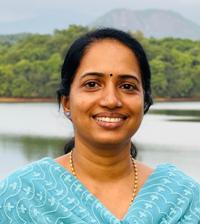
Ms. Deepa Jacob
Date of Joining: 03/09/2012
Qualification:M.Sc,B.Ed
deepajacob@icet.ac.in

Ms. Ramcymol K. A.
Date of Joining: 08/07/2013
Qualification:M.Sc,M.Ed
ramcymol@icet.ac.in
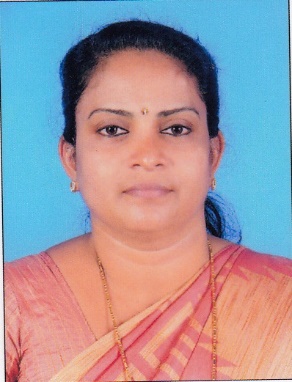
Ms. Ninimole P.
Date of Joining: 26/07/2019
Qualification:M.Sc,B.Ed,SET
ninimolep@icet.ac.in

Ms. Reshma K. H.
Date of Joining: 06/10/2022
Qualification:M.Sc,B.Ed
reshmakh@icet.ac.in

Ms. Jeena Jacob
Date of Joining: 17/07/2024
Qualification:M.Sc,B.Ed,SET
jeenajacob@icet.ac.in

Ms. Anila P. A.
Date of Joining: 02/08/2024
Qualification:M.Sc.
anilapa20@gmail.com
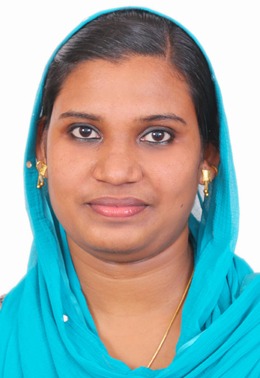
Ms. Shefinas P B
Date of Joining: 17/06/2025
Qualification:M.Sc shefinaspb@icet.ac.in
Teaching Faculty (Science and Humanities)
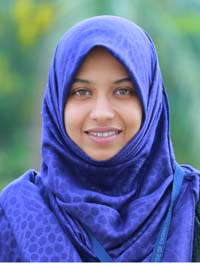
Ms. Sabira M. M.
Date of Joining: B.Ed.15/06/2016
Qualification:M.Sc,B.Ed
sabiramm@icet.ac.in
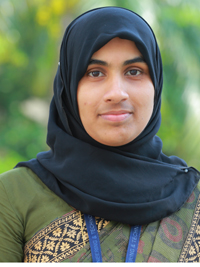
Ms. Shamseena T. S.
Date of Joining: 15/06/2016
Qualification:M.Sc,B.Ed
shamseenats@icet.ac.in

Ms. Binitha S.
Date of Joining: 05/08/2016
Qualification:M.Sc.
binitha@icet.ac.in

Ms. Nitha George
Date of Joining: 31/08/2018
Qualification:M.Sc,B.Ed,SET
nitha@icet.ac.in

Ms. Safini E. M.
Date of Joining: 26/08/2019
Qualification:M.Sc.
safiniem@icet.ac.in

Ms. Saina Muhammed
Date of Joining: 16/05/2022
Qualification:MA,B.Ed.
sainamuhammed@icet.ac.in
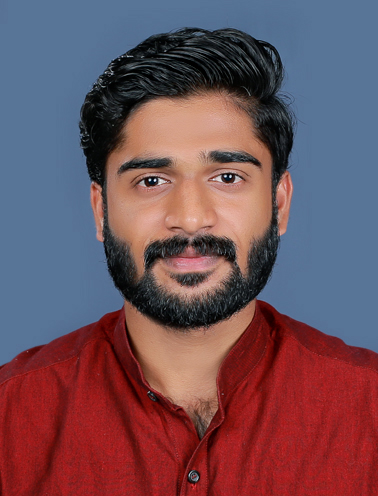
Mr. Elbin Raju
Date of Joining: 15/04/2024
Qualification:B.Com,MPES.
elbinraju@icet.ac.in
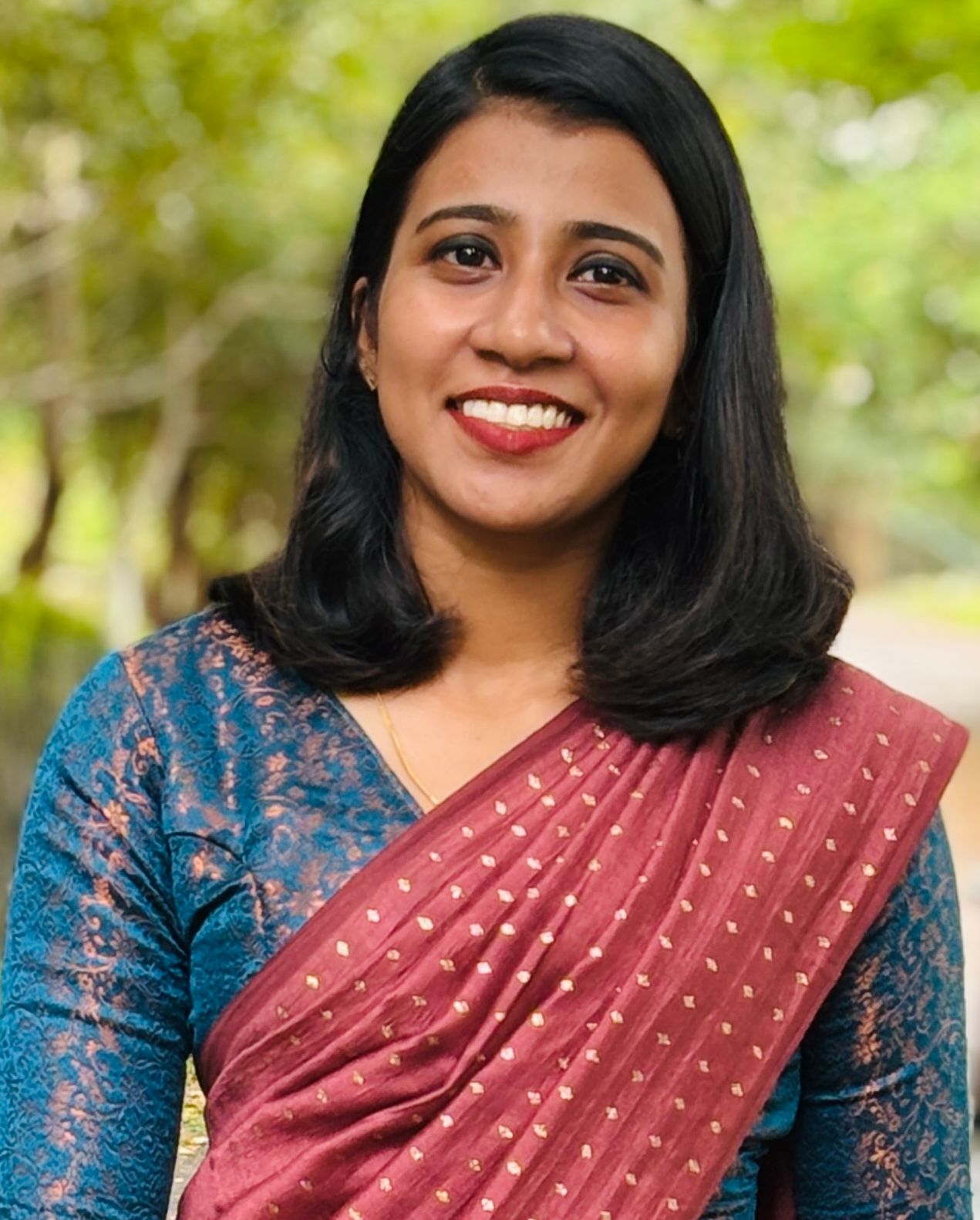
Ms.Swathi K J
Date of Joining: 23/06/2025
Qualification:BPES,MPEs.
swathikj@icet.ac.in
- Department Facilities
Engineering Physics Lab
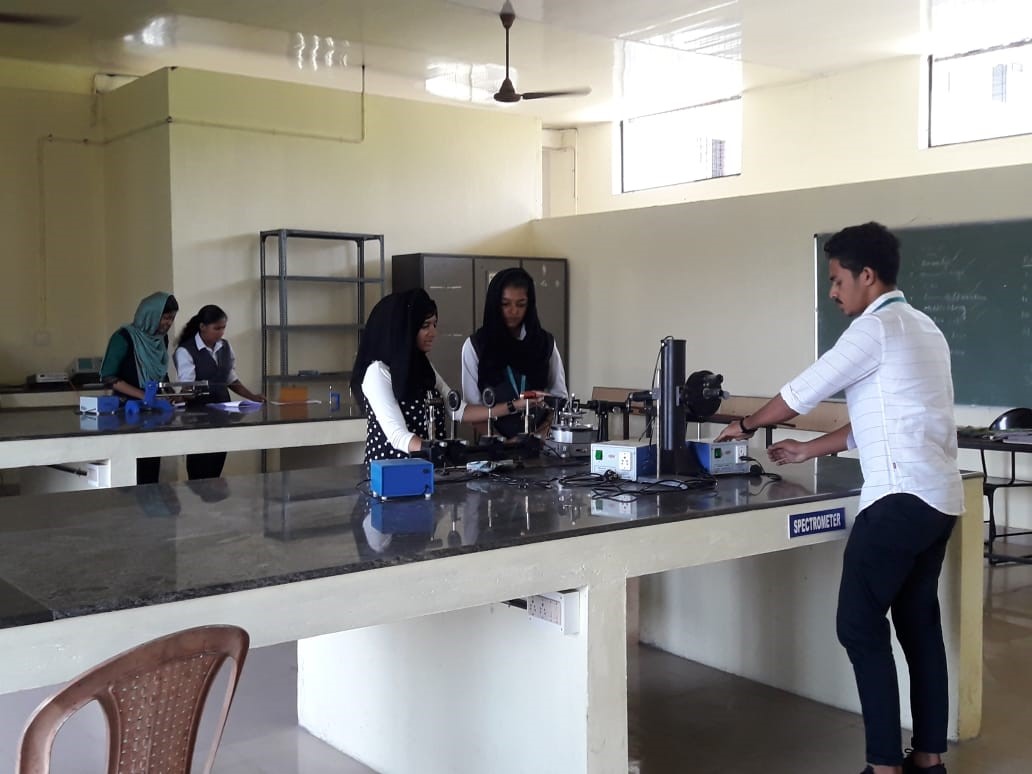
The Physics lab is designed to provide theoretical knowledge with practical experience, thereby deepening students' understanding of fundamental physical principles and their engineering applications. It seeks to reinforce classroom concepts through hands-on experiments while developing essential experimental and analytical skills such as measurement, data interpretation, and error analysis. The lab also introduces students to fundamental instruments and techniques used in experimental physics, fostering scientific thinking, critical analysis, and problem-solving abilities. Additionally, it provides a practical foundation in key areas such as photonics and solar cells, mechanics, electricity, magnetism, optics, and modern physics, preparing students for advanced laboratory work and future research in engineering fields.
Engineering Chemistry Lab
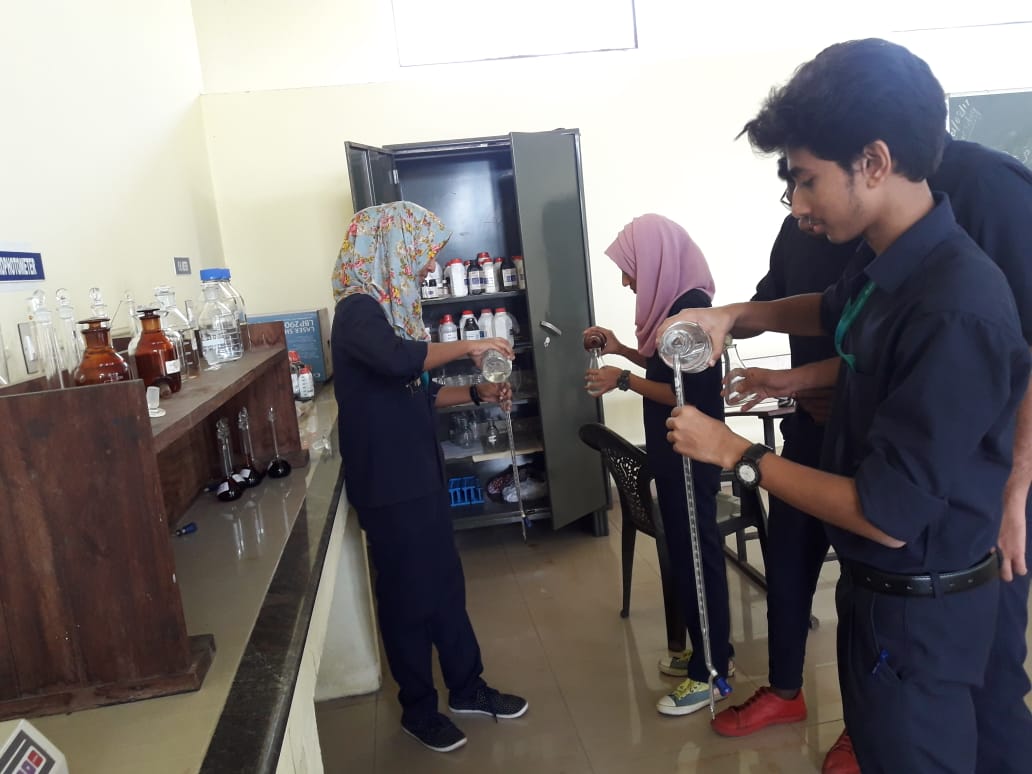
Through experiments and investigations the Chemistry lab seeks to illustrate the key points with students with practical knowledge and hands-on experience in fundamental chemical principles that are vital across various engineering disciplines. The lab enables students to understand the chemical behaviour, properties, and interactions of materials such as metals, polymers and composites. Understanding these concepts is key to effective material selection, process design, and quality control. It introduces students to foster analytical techniques including titration, spectroscopy, and chromatography, widely used in industrial quality assurance. The lab also emphasizes environmental awareness through experiments related to water quality testing, corrosion prevention, and green chemistry. In addition, it fosters precision and accuracy in experimental procedures, data interpretation, and reporting. A strong focus is placed on laboratory safety, including proper chemical handling and waste disposal. By applying theoretical concepts to real-world engineering problems—such as corrosion control, fuel analysis, and reaction kinetics. The lab promotes analytical thinking, interdisciplinary learning, and prepares students for professional roles in research, manufacturing, and industrial operations where chemistry plays a critical role.
Achievements
Best Faculty Award
Ms Shamseena T.S., Assistant Professor of Science and Humanities department got best faculty award 2020.
100% Results
Ms Binitha S., Assistant Professor of Science and Humanities department got 100% Result for Engineering Physics in KTU B.Tech examination 2017 and 2021
100% Results
Ms Sabira M.M, Assistant Professor of Science and Humanities department got 100% Result for Engineering Chemistry in KTU B.Tech examination 2018 and 2022

100% Results
Ms Shamseena T.S, Assistant Professor of Science and Humanities department got 100% Result for Engineering Chemistry in KTU B.Tech examination 2018 and 2022.
Ms Ramcymol K A, Assistant Professor of Science and Humanities department got 100% Result for Engineering Mathematics in KTU B.Tech examination 2022

100% Results
Ms Reshma K H, Assistant Professor of Science and Humanities department got 100% Result for Engineering Mathematics in KTU B.Tech examination 2021.
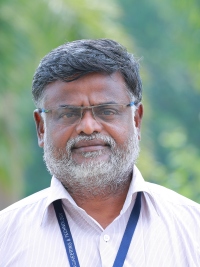
100% Results
Mr Dr.A JAHUBAR ALI, Assistant Professor of Science and Humanities department got 100% Result for Engineering Physics in KTU B.Tech examination 2021.

100% Results
Ms Ninimole p, Assistant Professor of Science and Humanities department got 100% Result for Engineering Mathematics in KTU B.Tech examination 2022 and 2023.

100% Results
Ms Deepa Jacob, Assistant Professor of Science and Humanities department got 100% Result for Engineering Physics in KTU B.Tech examination 2022
Downloads
| Program | Year | Document | Download Link |
|---|---|---|---|
| B.Tech Full Time | 2024 | Curriculum | Download |
| B.Tech Full Time | 2024 | Syllabus (S1-S2) | |
| GROUP A | Download GROUP A | ||
| GROUP B | Downloads GROUP B | ||
| GROUP C | Downloads GROUPC | ||
| GROUP D | Downloads GROUPD |
Department Events
TECHNOVA'24
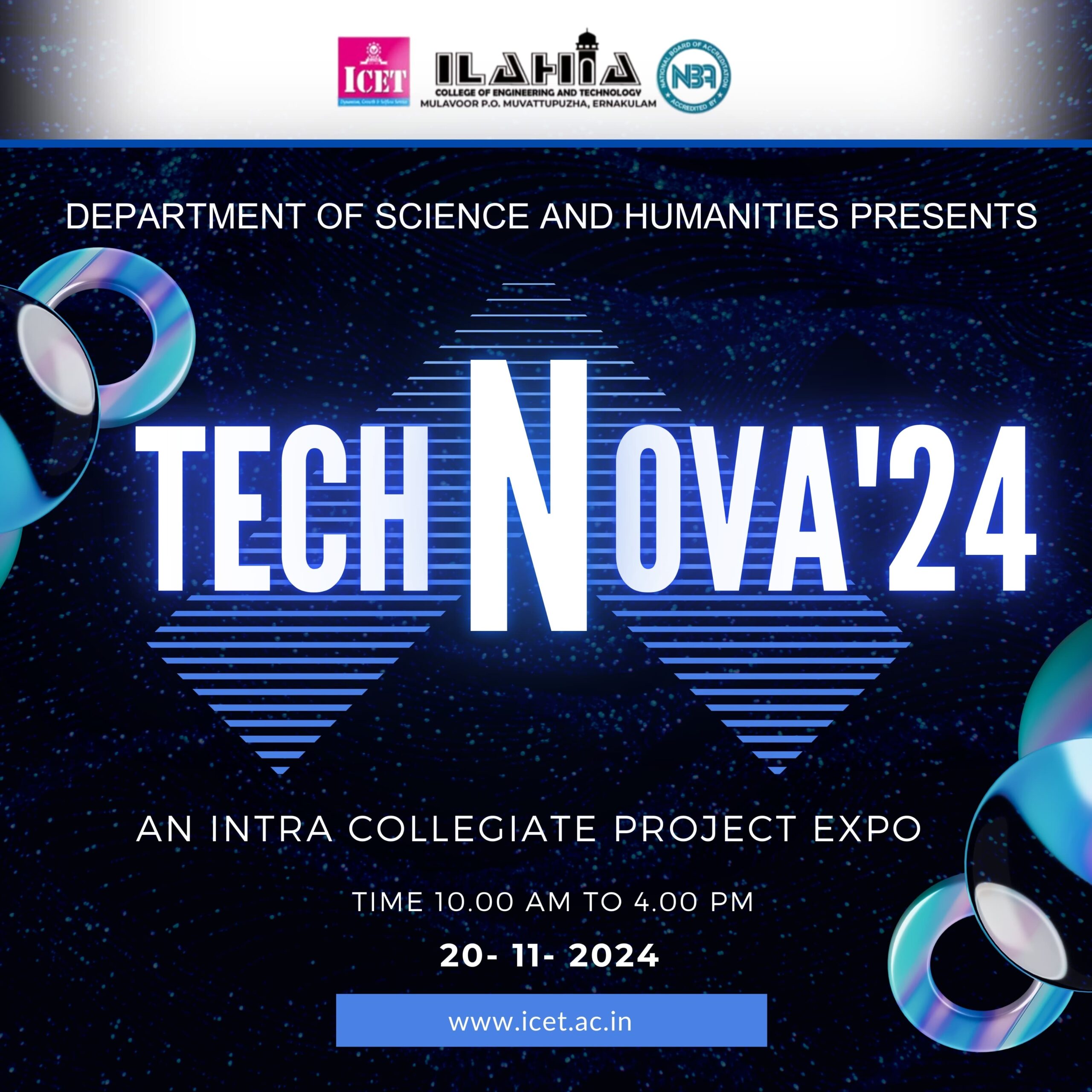
TECHNOVA'24
Technova 24 – Intra-Collegiate Project Expo was held on 20th November 2024, serving as a platform for students to exhibit their innovative projects and technical creativity. The event witnessed enthusiastic participation from students across various departments, and was well-attended by faculty members, invited guests, and peers. A distinguished panel of judges, comprising esteemed academicians and senior faculty members, evaluated the projects based on innovation, feasibility, and presentation. The expo provided a valuable opportunity for students to demonstrate their problem-solving skills and engineering acumen in a competitive and collaborative environment. EVENT-OVERVIEW
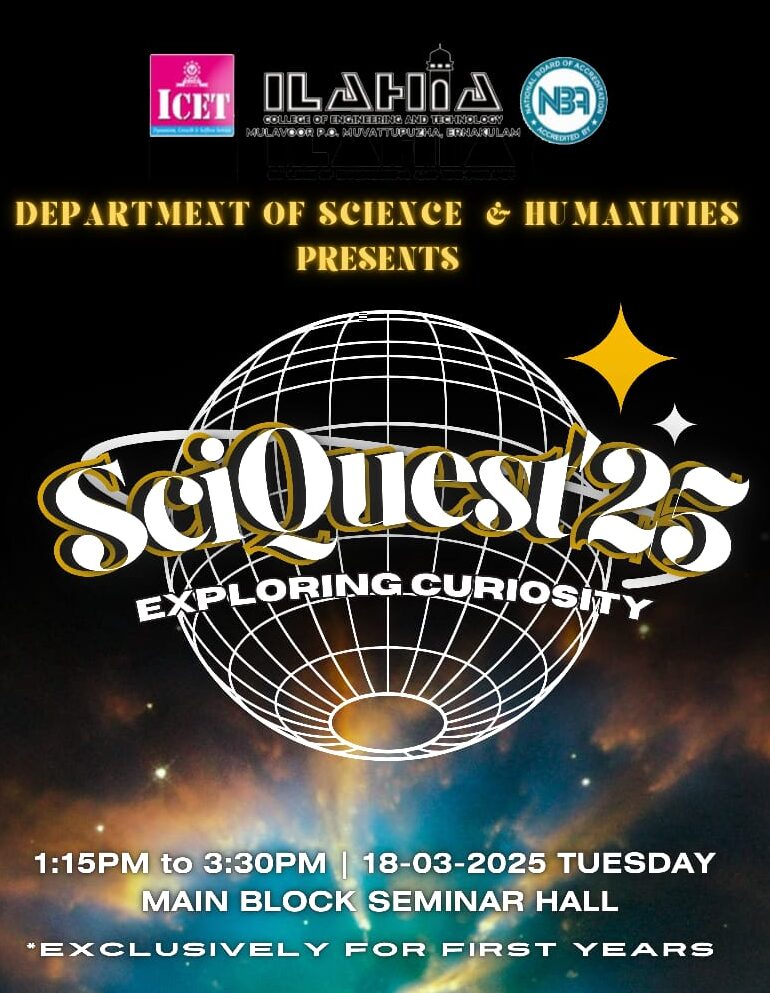
SCIQUEST'25
As a part of the vibrant celebrations for National Science Day, our college successfully conducted an intellectually enriching Science Quiz Competition on March 18, 2025.
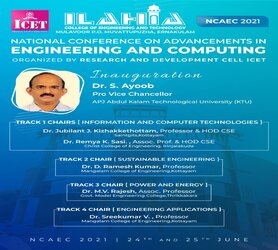
NCAEC 2021 SCIENCE DEPARTMENT
The Research & Development cell of ICET organized a National Conference in Advancements in Engineering and Computing (NCAEC 2021), held on 24th and 25th June 2021.
